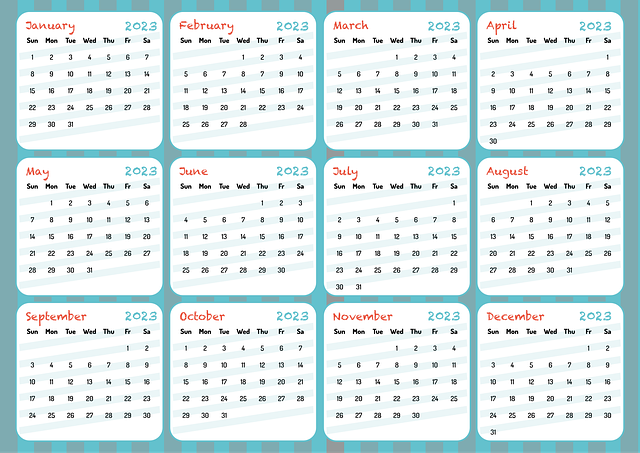Event Planning for Local Businesses requires a strategic approach focused on tailored experiences. Coordinators must understand each company's culture, target audience, and brand identity to craft events enhancing visibility and engagement. Key steps include active listening to client needs, defining clear goals, understanding demographics, adapting formats, managing budgets creatively, and leveraging local partnerships to deliver successful gatherings that build business relationships and boost brand loyalty.
“Elevate your corporate events with expert coordination! This guide is tailored for local businesses seeking to transform their gatherings into memorable experiences. From understanding unique business needs, like defining goals and target audiences, to strategic planning and managing logistics, we demystify the process. Learn how to create engaging events, execute seamlessly, and analyze post-event data for continuous improvement. Discover proven techniques to host successful networking mixers, product launches, and team-building workshops that enhance your brand’s reputation.”
- Understanding Your Local Business's Event Needs
- – Identifying goals and target audiences for corporate events
- – Assessing budget constraints and available resources
Understanding Your Local Business's Event Needs

Event planning for local businesses requires a deep understanding of their unique needs and goals. Each company has its own culture, target audience, and brand identity, which significantly influences the type of event that best represents them. By carefully assessing these factors, event coordinators can create memorable experiences tailored to enhance brand visibility and foster customer engagement.
Effective coordination involves listening to the client’s vision, aligning it with their budget, and offering strategic insights. This process ensures events are not just successful but also align with the local business’s long-term objectives. Whether it’s a networking mixer, an annual gala, or a product launch, understanding the client’s expectations and delivering an exceptional experience is key to building strong partnerships and fostering community engagement for these businesses.
– Identifying goals and target audiences for corporate events

When planning corporate events, a clear understanding of goals and target audiences is paramount for Event Planning for Local Businesses. Defining objectives ensures that every aspect of the event aligns with the desired outcome, whether it’s brand awareness, team building, or client appreciation. Knowing your audience—their demographics, interests, and expectations—is equally crucial. This information guides decisions on venue selection, entertainment choices, and even the event format to create a memorable experience tailored to engage and delight participants.
For local businesses, considering the unique needs and preferences of their target market is essential. This may involve adapting events to align with community interests or incorporating local themes. Successful corporate events in this context go beyond traditional formats, offering innovative experiences that foster genuine connections between the business and its audience, enhancing relationships and strengthening brand loyalty.
– Assessing budget constraints and available resources

When planning corporate events, especially for local businesses, assessing budget constraints and available resources is a crucial step that sets the foundation for the entire process. Event planners should engage in thorough financial analysis to understand the limits and possibilities of the client’s budget. This involves detailed discussions about expected costs, potential sponsorship opportunities, and creative ways to stretch dollars without compromising quality.
Effective planning requires a keen eye for detail, ensuring every aspect of the event aligns with the allocated resources. By prioritizing key elements, utilizing cost-saving measures, and leveraging partnerships within the local community, planners can organize memorable events that enhance brand reputation and foster stronger business relationships. This strategic approach not only ensures a successful gathering but also maximizes returns on investment for local businesses engaged in event planning.
Effective event planning is a powerful tool for local businesses to connect, engage, and grow their audiences. By understanding specific needs, setting clear goals, and strategically allocating resources, corporate events can become successful and memorable experiences. Through careful coordination, business owners can create opportunities that foster community, enhance brand visibility, and ultimately drive business success in today’s competitive market. For local businesses looking to excel through event planning, mastering these essentials is a sure step towards achieving remarkable outcomes.



